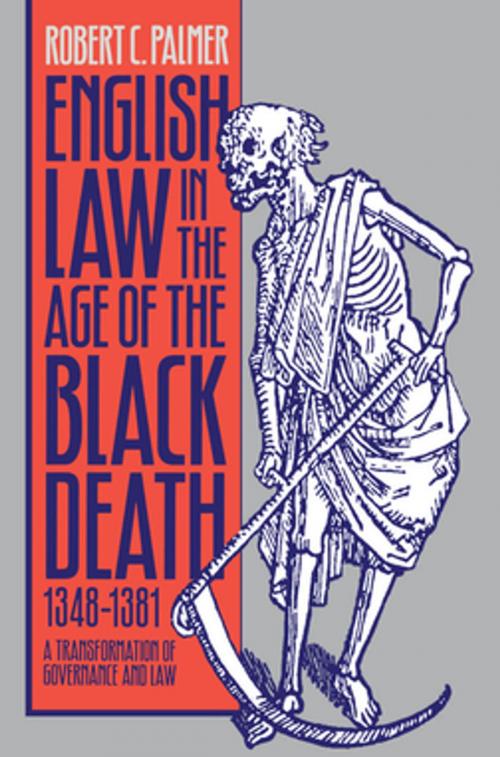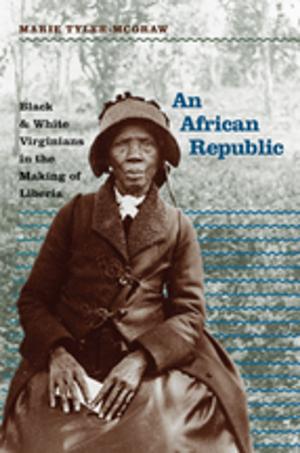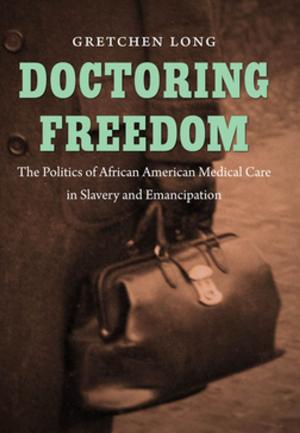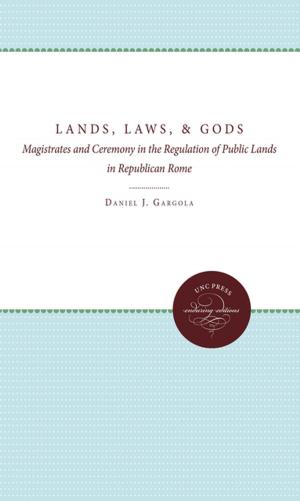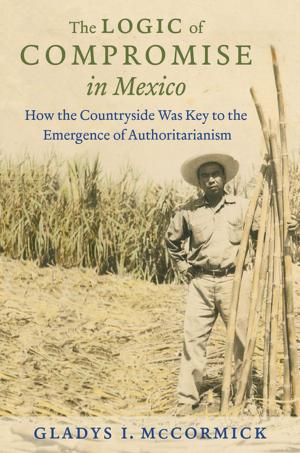English Law in the Age of the Black Death, 1348-1381
A Transformation of Governance and Law
Nonfiction, Reference & Language, Law, Legal History, History, Medieval| Author: | Robert C. Palmer | ISBN: | 9780807863749 |
| Publisher: | The University of North Carolina Press | Publication: | November 9, 2000 |
| Imprint: | The University of North Carolina Press | Language: | English |
| Author: | Robert C. Palmer |
| ISBN: | 9780807863749 |
| Publisher: | The University of North Carolina Press |
| Publication: | November 9, 2000 |
| Imprint: | The University of North Carolina Press |
| Language: | English |
Robert Palmer's pathbreaking study shows how the Black Death triggered massive changes in both governance and law in fourteenth-century England, establishing the mechanisms by which the law adapted to social needs for centuries thereafter. The Black Death killed one-third of the English population between 1348 and 1351. To preserve traditional society, the king's government aggressively implemented new punitive legal remedies as a mechanism for social control. This attempt to shore up traditional society in fact transformed it. English governance now legitimately extended to routine regulation of all workers, from shepherds to innkeepers, smiths, and doctors. The new cohesiveness of the ecclesiastical and lay upper orders, the increase in subject matter jurisdictions, the growth of the chancellor's court, and the acceptance of coercive contractual remedies made the Black Death in England a transformative experience for law and for governance. Palmer's book, based on all of the available legal records, establishes a genuinely new interpretation and chronology of these important legal changes.
Robert Palmer's pathbreaking study shows how the Black Death triggered massive changes in both governance and law in fourteenth-century England, establishing the mechanisms by which the law adapted to social needs for centuries thereafter. The Black Death killed one-third of the English population between 1348 and 1351. To preserve traditional society, the king's government aggressively implemented new punitive legal remedies as a mechanism for social control. This attempt to shore up traditional society in fact transformed it. English governance now legitimately extended to routine regulation of all workers, from shepherds to innkeepers, smiths, and doctors. The new cohesiveness of the ecclesiastical and lay upper orders, the increase in subject matter jurisdictions, the growth of the chancellor's court, and the acceptance of coercive contractual remedies made the Black Death in England a transformative experience for law and for governance. Palmer's book, based on all of the available legal records, establishes a genuinely new interpretation and chronology of these important legal changes.
